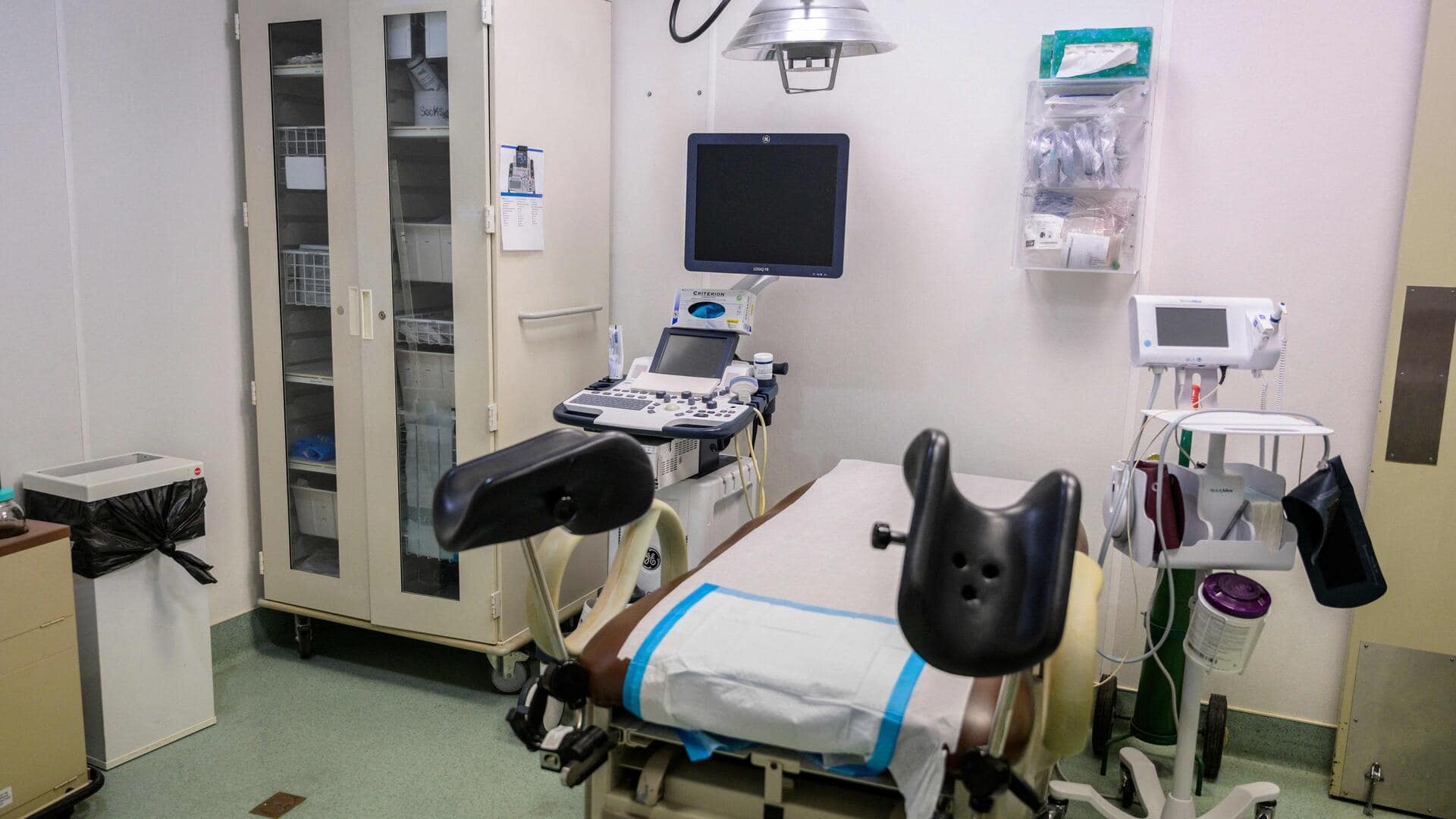
US abortions dropped in the first half of 2025: Report
What's the story
The number of abortions provided by clinicians in the United States has declined in the first half of 2025. The Guttmacher Institute, a research organization that supports abortion rights, reported a 5% decrease compared to the same period last year. This translates to an average of about 4,700 fewer abortions each month. The data shows that the decline is most pronounced in states with six-week gestation bans and those bordering states with total abortion bans.
Travel trends
Out-of-state travel for abortions
However, despite a decrease in out-of-state travel for abortions, it is still more common than before the Dobbs decision, in which the US Supreme Court ruled that the constitution does not confer a right to abortion. About one in seven people traveled across state lines for an abortion in early 2025, although this was an eight percent decline from the same period last year. Florida, a major access point for abortion care, saw a 27% drop in clinician-provided abortions.
Legal protections
Shield laws and mifepristone access
Eight states have enacted shield laws that protect providers who practice in areas where abortion is still legal. This allows them to prescribe medication abortion drugs via telehealth to people living in jurisdictions with bans or restrictions. The Society of Family Planning reported nearly 14,000 abortions through these laws in December. Federal agencies are also reviewing the safety and efficacy of mifepristone, a drug used for medication abortion. This has raised concerns about access limits.
Advocacy
Need for financial assistance
Kelly Baden, vice president of public policy at the Guttmacher Institute, emphasized the need for shield laws and financial assistance to help people in restrictive states access necessary abortion care. Major medical groups have also called for greater accessibility of mifepristone, an abortion-inducing drug. The US Supreme Court did not block the drug's availability in June 2024 but left room for future regulatory changes, putting pressure on federal agencies like the FDA.